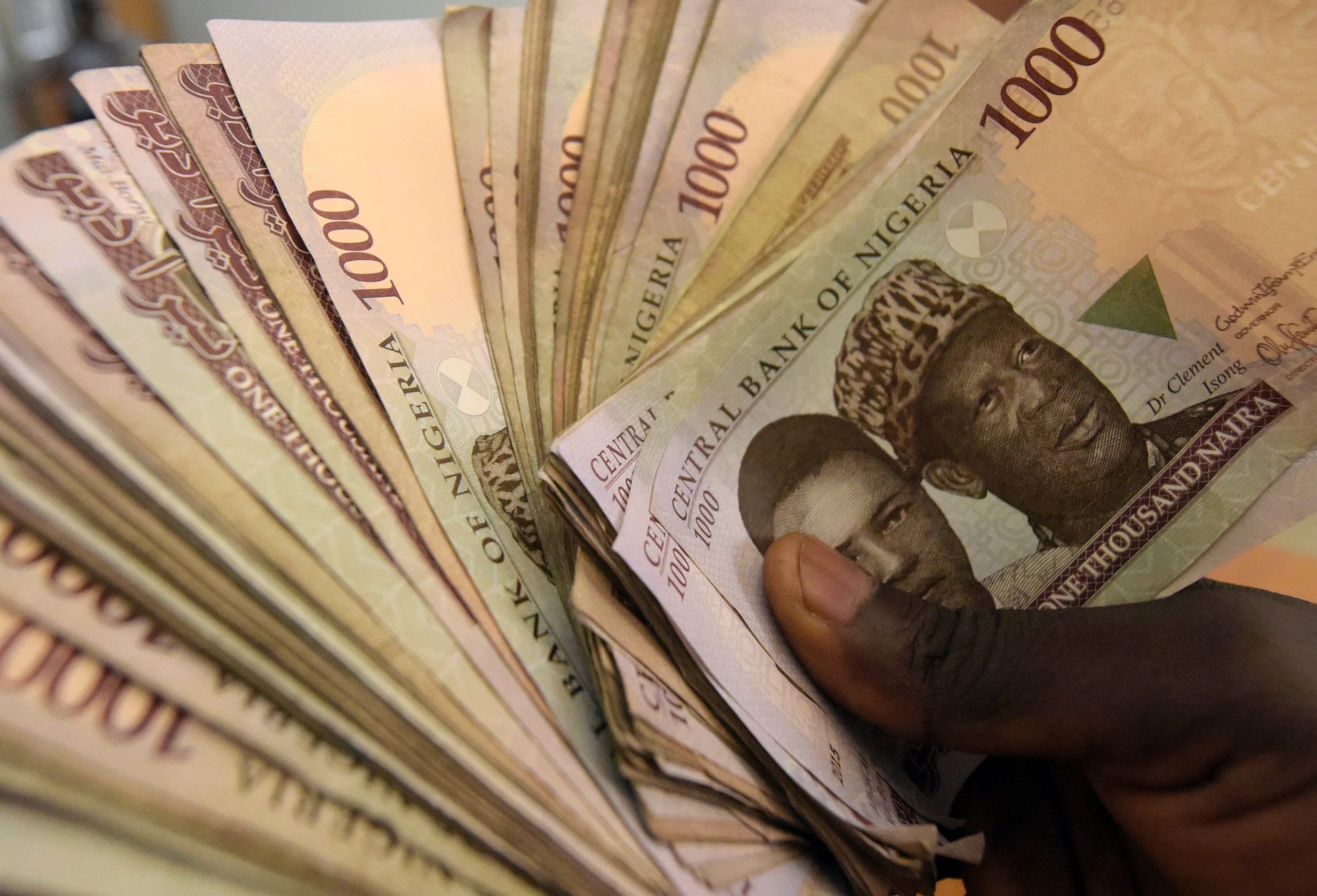Banks’ Borrowings Rise By 737%
Bank borrowings from the Central Bank of Nigeria’s Standing Lending Facility has risen year-on-year by 737 percent to N2.3 trillion in April 2021 from N274.65 billion in April 2020.
Also, CBN earnings from the SLF during the period rose by 381 percent to N1.33 billion from N270 million in April 2020.
However, banking system liquidity took a downward turn in the review period falling by 67 percent to N146 billion in April 2021 from N440.78 billion in April 2020.
In its latest Monthly Economic Report, the CBN said: “ Activities at the standing facility windows showed predominance of the lending window over the deposit window with applicable rates for the SLF and SDF at 12.5 per cent and 4.5 per cent, respectively.
“The recourse to standing facility resulted in a net lending of 2.18 trillion, due to tight liquidity in the banking system.
“Total request for the SLF in April 2021 was 2.3 trillion (made up of 1.5 trillion direct SLF and 759.06 billion intra-day lending facility converted to overnight repo). “Daily requests averaged 135.45 billion in the 17 transaction days with total interest earned at 1.33 billion.
“Total SDF granted, during the review period, was 118.94 billion with a daily average of 7.00 billion in the 17 transaction days. Cost incurred on SDF in the review month stood at 0.23 billion.”
On liquidity it stated: “Banking system liquidity took a downward turn and caused an upsurge in money market rates in the review month. The decline in the banking system liquidity was as a result of provisioning and settlement of foreign exchange and CBN bills purchases, as well as Cash Reserve Requirements (CRR) debits. “Nevertheless, repayment of matured securities and fiscal disbursements to the three tiers of government moderated the liquidity condition in the banking system.
“Consequently, the average net industry liquidity position in April 2021 declined by 43.3 per cent to 146.59 billion, compared with the 258.71 billion recorded in the preceding month.”



